Zhong Shanshan - Billionaire "turning water into gold" orphaned parents, dropped out of school early, had to work as a housemaid

2 | 0 Discuss | Share
David Ross Cheriton was born in 1951 in Vancouver (Canada), the third of six siblings. Although his parents were engineers, he was encouraged to freely choose the path he wanted.
Since childhood, Cheriton was an independent boy who liked to be "self-reliant". He didn't play team sports, building his own bungalow in the yard to keep the neighborhood kids away. Therefore, it is not difficult to understand when this talented boy asked to drop out of 11th grade just because he felt that the school's program was too slow.
Despite being from a technical family, Cheriton dreams of becoming an artist. He used to participate in musicals at school, participating in many local plays. Cheriton also applied to major in classical guitar at the University of Alberta but was unfortunately rejected by this school. A young man with many ambitions, Cheriton still left his hometown, enrolling in Mathematics at the University of British Columbia at the age of 22. There, he found love with something new: computers. He recalls: "My math teacher mentioned computers once... but I never saw it with my own eyes. It wasn't until my freshman year in college that I really noticed the field. and start using the computer".
After completing her bachelor's degree in Mathematics and Computer Science from the University of British Columbia, Cheriton went on to earn her master's and doctoral degrees from the University of Waterloo. He worked as an assistant professor at his alma mater for a time, before transferring to Stanford University (USA) in 1981 to find funding for his research.
It was in what would later become the cradle of Silicon Valley's geniuses that Cheriton met two major turning points in his life, teaching and befriending a graduate student named Andy Bechtolsheim. Bechtolsheim was an extremely interesting figure at Stanford University in the 80s. This German graduate student rarely attended full classes, but devoted his time to personal projects and interests.
One of Bechtolsheim's favorite projects is a networked workstation system called "Stanford University Network", or SUN for short. In 1982, he decided to drop out of his PhD program and founded Sun Microsystems.
In 1986, Sun Microsystems went public. About nine years later, when the business hit $1 billion in annual sales, Bechtolsheim left to start a new company called Granite Systems. And his co-founder is none other than David Cheriton.
After about a year of establishment, Granite System was acquired by Cisco for $220 million. About 60% of Bechtolsheim's shares were converted into $132 million in cash. And Cheriton - the humble Stanford professor who has never made more than $100,000 a year before - also owns 10% of the stock. The amount he received was $22 million before taxes.
At that time, the amount of money that David Cheriton owned was enough for him to try his luck with other investments. He confided: "During a long time as a university professor, I really didn't have any money to invest. After one night, I went from worrying about how to pay the rent to being excited and wondering. Should I pay off my mortgage so I never have to think about it again?"
Since then, Stanford students have regularly turned to Cheriton for funding, or simply for advice. He has contributed a lot to startups in Silicon Valley, among them is an entrepreneur named Larry Page. At that time, Larry Page had just graduated from the University of Michigan and was studying for a PhD at Stanford University. More than a year later, he met his junior, Sergey Brin, who had just graduated from the University of Maryland.
When the two became friends, Page had a good time searching for an interesting thesis topic. In the late 1990s, the explosion of the World Wide Web caught the attention of Page and the entire Stanford Department of Computer Science. At that time, search engines like AltaVista, Lycos, Excite, Dogpile were pretty bad, always full of spam. Just search for the keyword "Ferrari F50 photo", the first page of results that users get is full of hot or scam websites.
Larry Page wanted to create a better search solution. He wants users to be able to search millions of pages on the Internet and get quality results.
In addition, the two also wrote a thesis together called "The Anatomy of a Large-Scale Hypertextual Web Search Engine". It became the most downloaded scientific literature in the history of the Internet at the time.
In the end, Larry Page and Sergey Brin decided to turn their doctoral thesis into a startup. Initially, their goal was simply to license the algorithm to the major search engines of the time. However, they were flatly rejected by businesses, including Yahoo!. Not wanting to waste their brainchild, the two were determined to build a search engine of their own. Of course, this will take a lot of money.
Oddly enough, neither Page nor Brin was a PhD student led by David Cheriton. However, like many other students at Stanford University, they have also heard the professor's name is a big winner from the Granite business. So, on a fateful day in 1998, two young men went to Cheriton to ask for funding. It is not known by chance or fate that in the office of the Canadian professor there is another character - Andy Bechtolsheim.
Page and Brin quickly presented the idea of building a search engine called "Googol". It was the forerunner of what people would later know as " Google ". After that 10-minute presentation, it didn't take long for Cheriton and Bechtolsheim to fully understand the two young men's ambitious plans.
Even, Bechtolsheim thought: "If they get 1 million hits per day for 5 cents each, they will earn $50,000. At least they won't go bankrupt!". Immediately, Cheriton and his associates wrote a check for $100,000 and gave it to them on the spot.
What happened after that became history. Up to now, Google's market capitalization has reached 1.7 trillion USD. With a net worth of $114 billion, Larry Page becomes the sixth richest person in the world. Right behind him is his friend Sergey Brin, with a total fortune of $110 billion.
Of course, David Cheriton - the old professor who reached out to help them when others refused - also owns an admirable fortune: $ 10 billion. This number is enough for him to become one of the 250 richest people in the world.
In other words, Cheriton is almost the richest college professor in history. That $100,000 check alone was worth more than a few billion dollars if converted into Google stock.
Despite becoming a billionaire, Cheriton is still determined to pursue a career in teaching. This professor continues to train tech geniuses at Stanford University, working 10-12 hours a day in a small office where he has given away significant money to establish one of the most powerful technology empires. strongest in the world.
If Cheriton is occasionally caught on campus, people will see that he is still modestly driving a 2012 Honda Odyssey, after decades of being attached to a 1986 Volkswagen Vanagon. In addition, he prefers to ride a bicycle over a car, fly a commercial plane, and wear jeans instead of designer brands.
This 70-year-old man still lives in the Palo Alto house he bought 40 years ago, cuts his own hair instead of going to the salon, and even saves to the point of... reusing tea bags. "A yacht is a hole in the water where you put your money," he said.
Cheriton also lives a rather private life. He does not use any social networks, be it Facebook, Twitter or LinkedIn, because he wants to stay away from the noise of the market. "I feel very lucky in investing, but I still have a beggar mindset when it comes to spending money," he said.
Another thing that has never changed about David Cheriton is his enthusiasm for startups. Decades after giving the first opportunity to Google, he continues to spend more than 50 million USD out of his own pocket to invest in dozens of startup projects of young people. The professor wants to focus on breakthroughs that can dramatically change people's lives, like how Google helped a college student finish an essay at 3 a.m. without going to the library.
"I believe, if I bring real value to the world wisely, the market will return the sweet fruit," he shared.
Manuel Villar - From a poor fishmonger to the richest billionaire in the Philippines 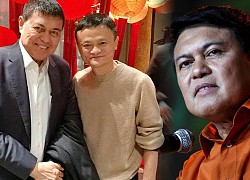 team youtube19:09:53 22/06/2021Manuel Villar was born on December 13, 1949 in Moriones Tondo Manila (Philippines). He is the second child in a family of 9 siblings. Father Villar was just an ordinary government official, his mother sold fish in the market. From a young age, Manuel Villar had the opportunity to get acquainted with business...
team youtube19:09:53 22/06/2021Manuel Villar was born on December 13, 1949 in Moriones Tondo Manila (Philippines). He is the second child in a family of 9 siblings. Father Villar was just an ordinary government official, his mother sold fish in the market. From a young age, Manuel Villar had the opportunity to get acquainted with business...

2 | 0 Discuss | Share
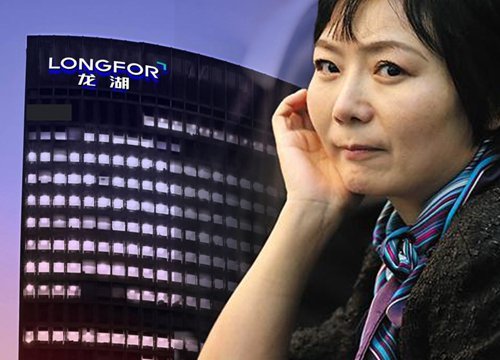
3 | 0 Discuss | Share

4 | 0 Discuss | Share

2 | 0 Discuss | Share

5 | 0 Discuss | Share
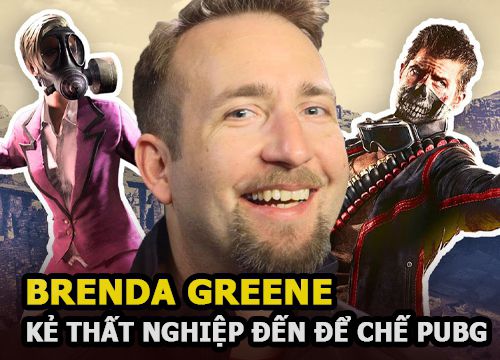
5 | 0 Discuss | Share
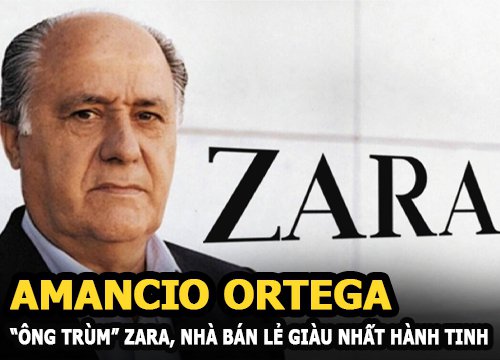
2 | 0 Discuss | Share
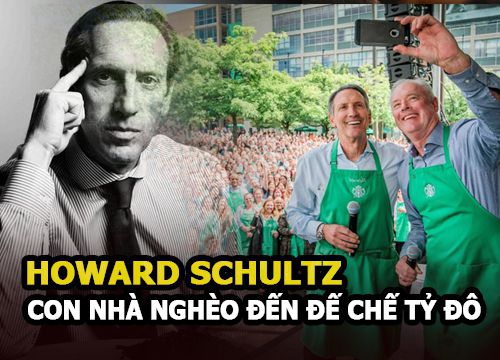
2 | 0 Discuss | Share
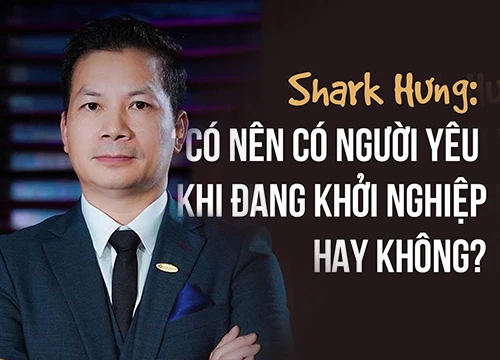
4 | 0 Discuss | Share
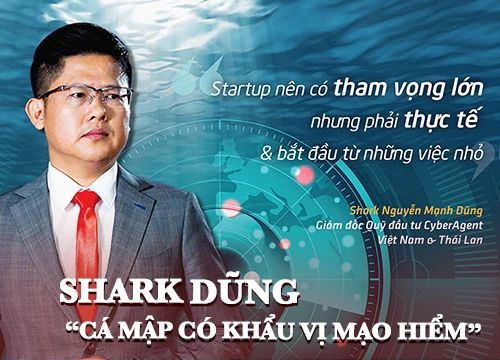
2 | 0 Discuss | Share
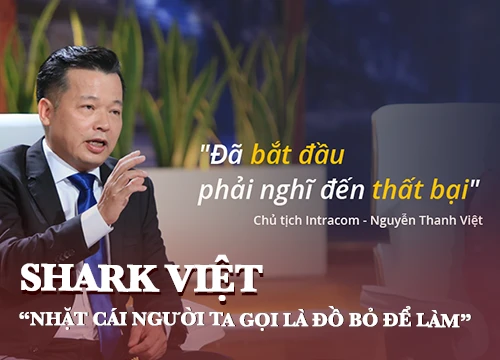
4 | 0 Discuss | Share
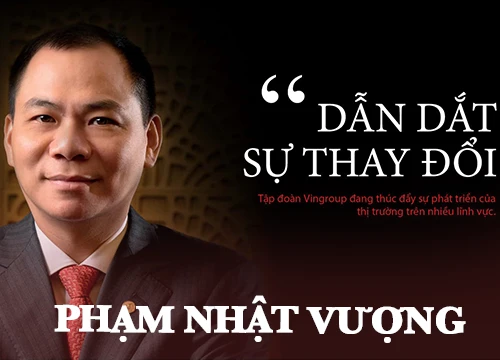
3 | 0 Discuss | Share




2 | 0 Discuss | Report